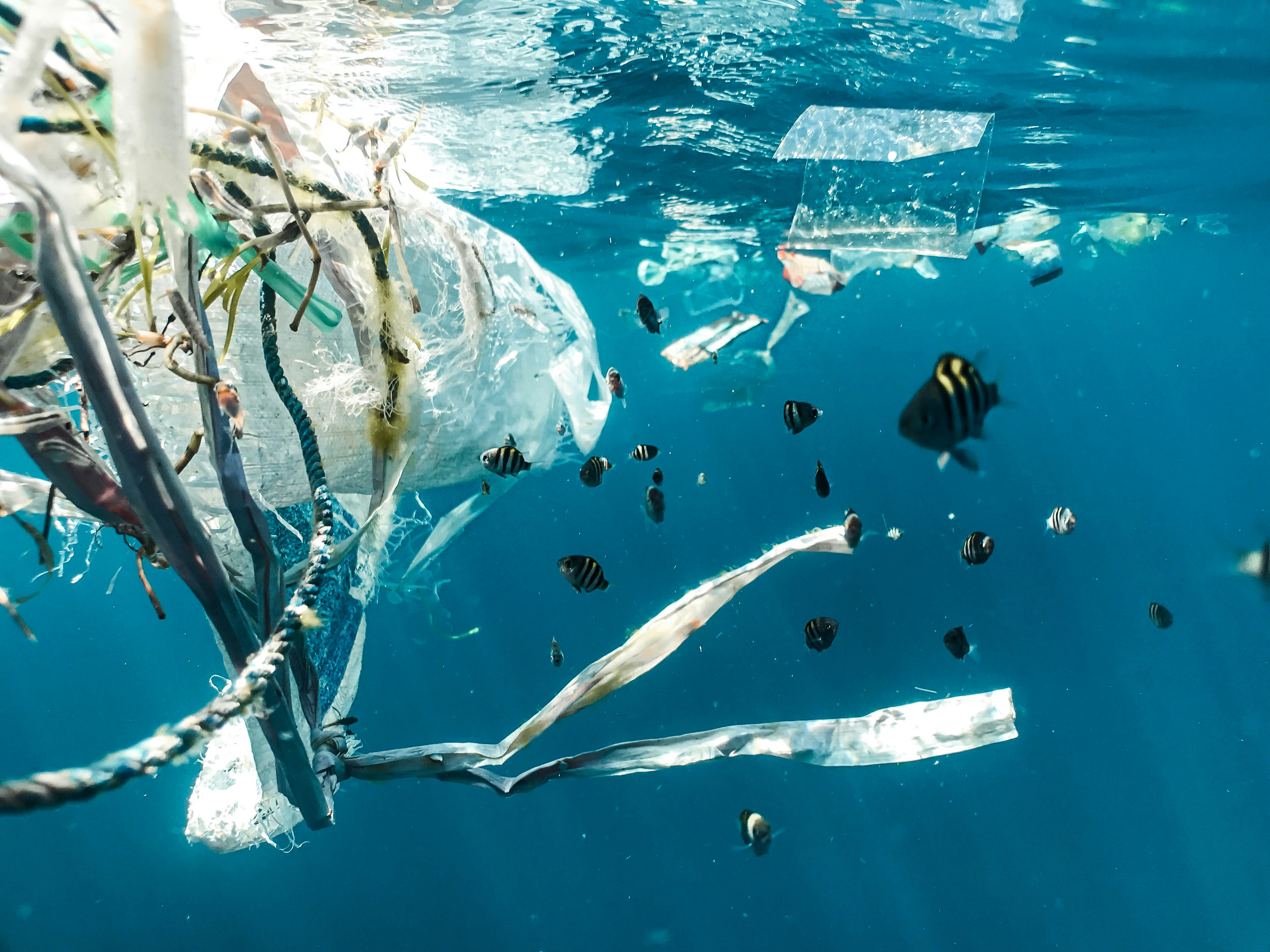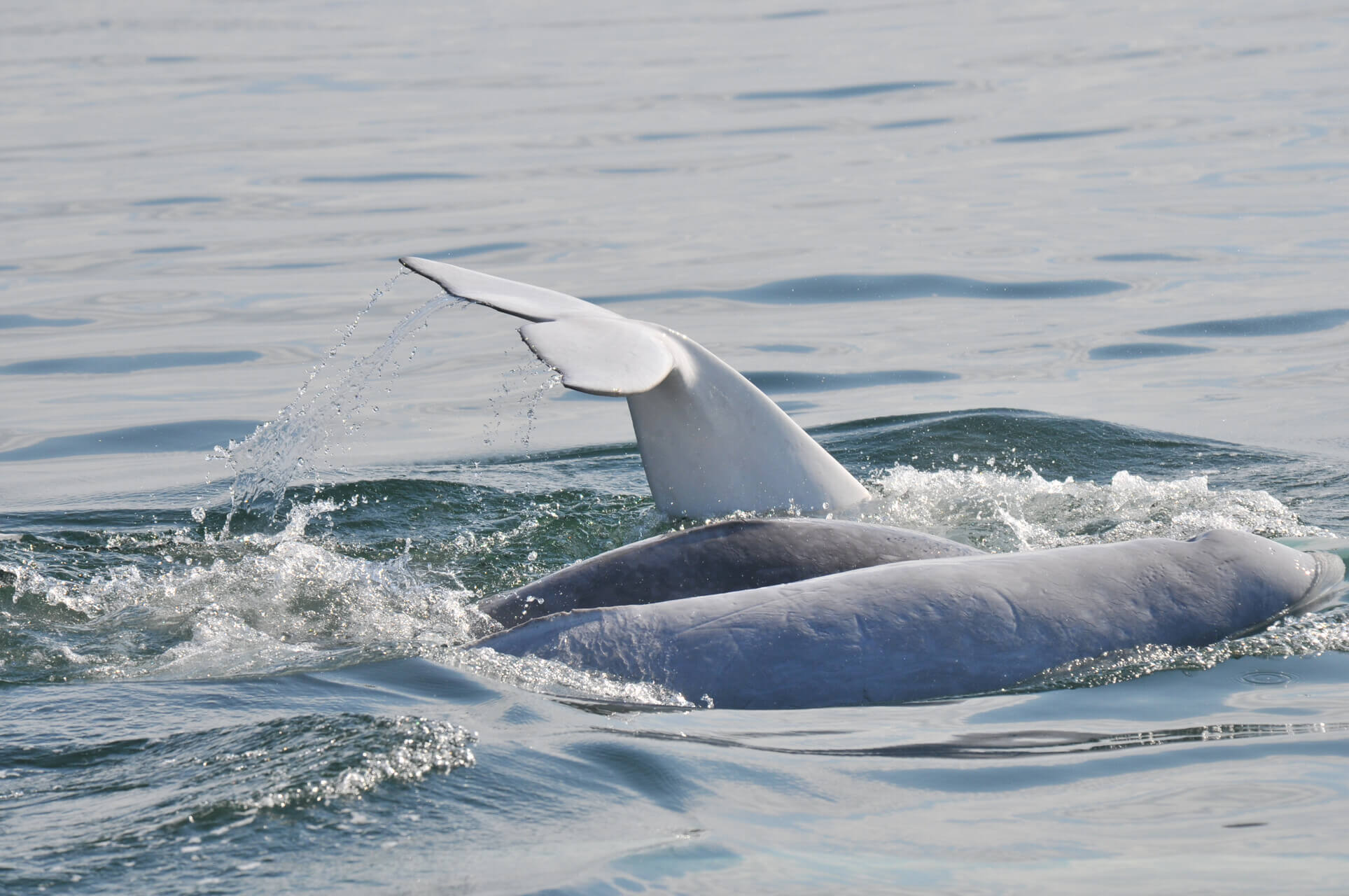For the occasion of Earth Day (April 22), Whales Online proposes three simple actions to help preserve the ecosystems that whales depend on.
1. Discover the whales’ world
“We protect what we love, we love what we know.” Whales Online uses this motto to educate its readers about the whales of the St. Lawrence. We believe that when we are familiar with a species, its habitat and its way of life, we are in a better position to protect it, but more importantly, to want to protect it and be willing to take the necessary measures to do so. If you like whales, we encourage you to share the articles that fascinate you, pass on what you learn to your friends and family, and observe them responsibly. By doing so, you will become a whale ambassador.
2. Reduce your consumption of plastic
Plastic waste of variable size is regularly found in the digestive systems of whales. We talked about it in March, in 2015, in 2014, in 2013… Whether in the form of grocery bags, car bumpers or microscopic plastic particles used in whitening toothpaste or exfoliating facial scrubs, plastic harms the health of whales and can even kill them. Keeping a reusable bottle handy, prioritizing unpackaged foods and reducing the consumption of plastic items can help reduce the prevalence of this material in the environment.
3. Participate in a shoreline cleanup effort
Clothes, glass bottles, car tires, rope… Waste lying on the shoreline represents but a small fraction of the refuse present in the water. Nevertheless, organizing a shoreline cleanup can help reduce pollution on the banks of your municipality’s watercourses, which are often used to supply drinking water. Several shoreline cleanup initiatives are being organized by local organizations as part of Earth Day. A list can be found here. Otherwise, why not gather a few friends and go together? All you need is a few bags and gloves.
Do you want to do more for whales?
+ Team up with the David Suzuki Foundation’s Blue Dot initiative, which champions universal access to quality drinking water.
+ Adopt a beluga on your own behalf or with a group, or participate in a collective adoption already underway.
+ Make a donation for research.
+ Organize a fundraiser or awareness event with your child with Earth Rangers.
+ Become a volunteer for WWF-Canada, an organization dedicated to nature conservation in Canada.





